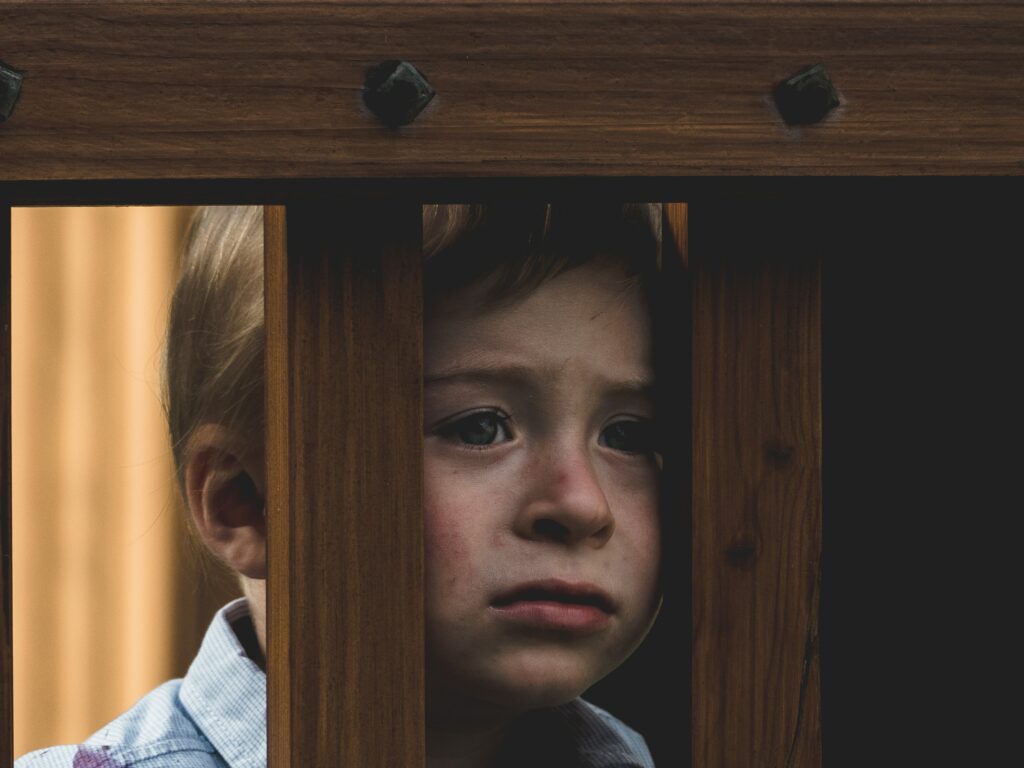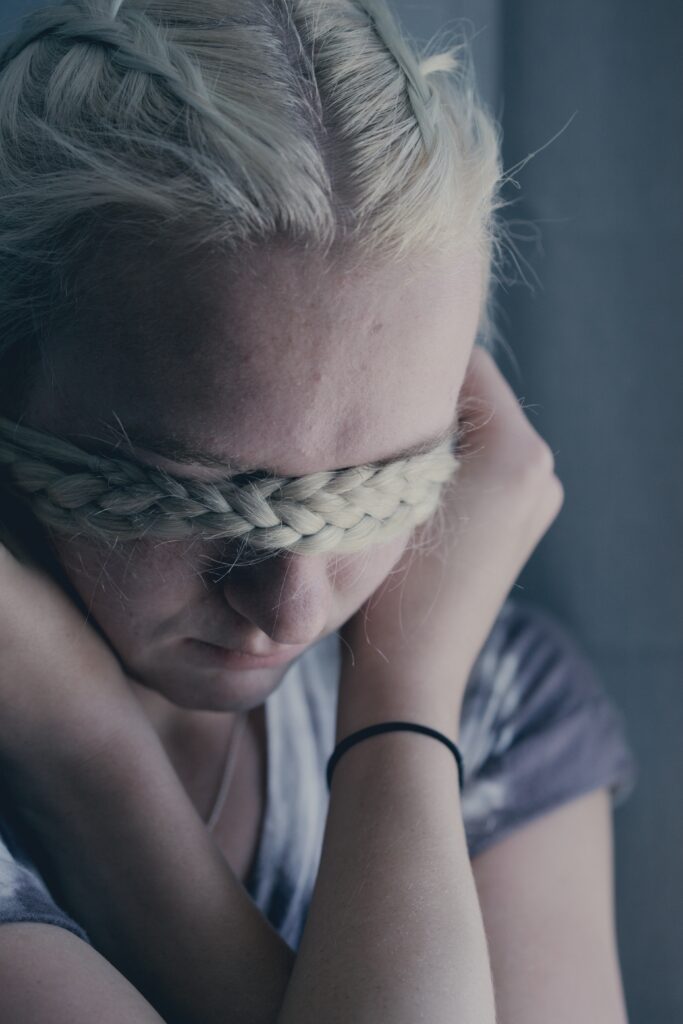Analysis conducted by the NSPCC reveals that most victims of child sexual abuse will struggle to access specialist support, as 77% of local authorities do not offer it.
 The national children’s charity found that less than a quarter (23%) of local authorities in Britain offer specialist, dedicated support – in the form of independent and specially trained advisors – for children who have experienced sexual or domestic abuse.
The national children’s charity found that less than a quarter (23%) of local authorities in Britain offer specialist, dedicated support – in the form of independent and specially trained advisors – for children who have experienced sexual or domestic abuse.
It comes as the Victims and Prisoners Bill makes it way through Parliament, with the NSPCC calling for funding for services for children to be prioritised.
Half of authorities fail to keep record of child sexual abuse victims
 The charity sent Freedom of Information Requests (FOIR) to 174 local authorities across England and Wales and received 119 responses.
The charity sent Freedom of Information Requests (FOIR) to 174 local authorities across England and Wales and received 119 responses.
Analysis of the data revealed that half of local authorities failed to keep any records on how many children had experienced sexual or domestic abuse in their area, even though this information is readily available and this goes against the Domestic Abuse Act (2021).
The other half of local authorities had records of the numbers for at least one of the groups of children (either those who had experienced domestic abuse or sexual abuse or both), but only just over a third (34%) kept records of the numbers of children for both groups (those who had experienced sexual abuse and those who had experienced domestic abuse).
The Domestic Abuse Act created an obligation for local authorities to provide support for child abuse victims.
Child abuse victims need specialist support to recover
The Centre of Expertise on Child Sexual Abuse (CSA) Centre estimates that around 500,000 children experience sexual abuse each year.
It’s important that child victims of sexual or domestic abuse receive therapeutic support by specially trained experts who understand and know how best to support vulnerable children and young people. The NSPCC states that this will give them “the best chance of recovery.”
Despite this, the majority of local authorities are currently unable to provide such support.
The Director of the CSA Centre, Ian Dean, explains that “conservative estimates” suggest that at least 1 in every 10 children will experience some form of sexual abuse before they reach the age of 16.
He added:
“Child sexual abuse takes places across all parts of society, so it is vital that all areas of the country ensure that both children and adult survivors have access to a good range of high-quality services that give them the support they need to live a full and happy life in the future.
“Sadly, however, we know that the vast majority of child sexual abuse still goes unidentified and unreported, leaving far too many children to suffer alone… We urgently need a commitment from all agencies to widespread, dedicated training on child sexual abuse, to support all professionals to feel confident in response and able to provide the best possible outcomes for children.”
Victims and Prisoners Bill should prioritise child abuse victims
 The Victims and Prisoners Bill, which received its second reading in Parliament last month, was originally drafted as a Victims Bill and was focused on improving the criminal justice system for people who had experienced abuse.
The Victims and Prisoners Bill, which received its second reading in Parliament last month, was originally drafted as a Victims Bill and was focused on improving the criminal justice system for people who had experienced abuse.
New legislation now means the Bill also includes some prisoner-focused provisions and it is feared that this could delay the launch of the Bill and also divert focus away from supporting abuse victims.
The NSPCC wants the government to focus the Victims and Prisoners Bill towards child abuse victims. They want it to ensure that children can access specialist support when they need it, even if their experience of abuse is not reported to the police.
Measures such as strengthening local authorities’ data collection and support frameworks, creating national requirements for support and investing in children who have experienced sexual or domestic abuse can help make this a reality.
NSPCC’s Associate Head of Policy and Public Affairs, Clare Kelly, said:
“Children who suffer sexual or domestic abuse desperately need to have easy access to specialist support services that will give them the best chance of recovery. However, as our research reveals, that level of care is simply not available for many children across England and Wales.
“Local authorities should have a duty to deliver specialist community-based support for young victims of abuse. However, only half of local authorities are across the numbers of children living in their area who need help.
“The Government needs to urgently address these major shortfalls in care for vulnerable young people. They can do this through the Victims and Prisoners Bill but, in its current state, the legislation still has a long way to go if it is to deliver a much-needed transformation of support for child victims.”
Training and information for safeguarding children
 First Response Training (FRT) is a leading national training provider delivering courses in subjects such as health and safety, first aid, fire safety, manual handling, food hygiene, mental health, health and social care, safeguarding and more.
First Response Training (FRT) is a leading national training provider delivering courses in subjects such as health and safety, first aid, fire safety, manual handling, food hygiene, mental health, health and social care, safeguarding and more.
They work with a large number of early years, schools and childcare providers, as well as colleges, youth groups and children’s services. Their courses include Safeguarding Children.
A trainer from FRT says:
“Abuse can devastate lives and vulnerable young children need prompt help and support. It’s vital that anyone who works with children and young people is aware of their responsibility for safeguarding children and that they can recognise the signs that indicate a child may be experiencing abuse, and know the correct action to take in response.”
For more information on the training that FRT can provide, please call them today on freephone 0800 310 2300 or send an e-mail to info@firstresponsetraining.com.
